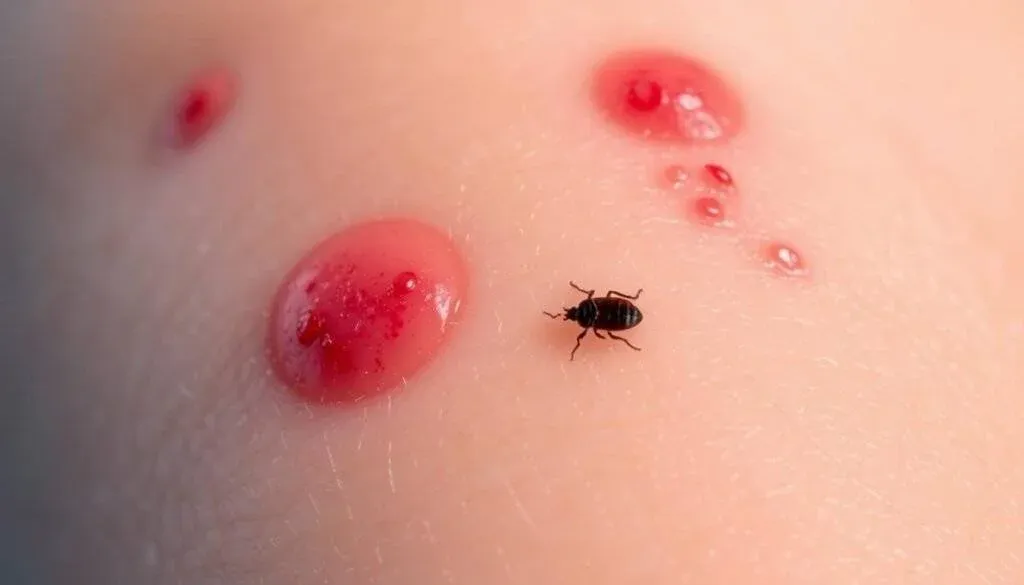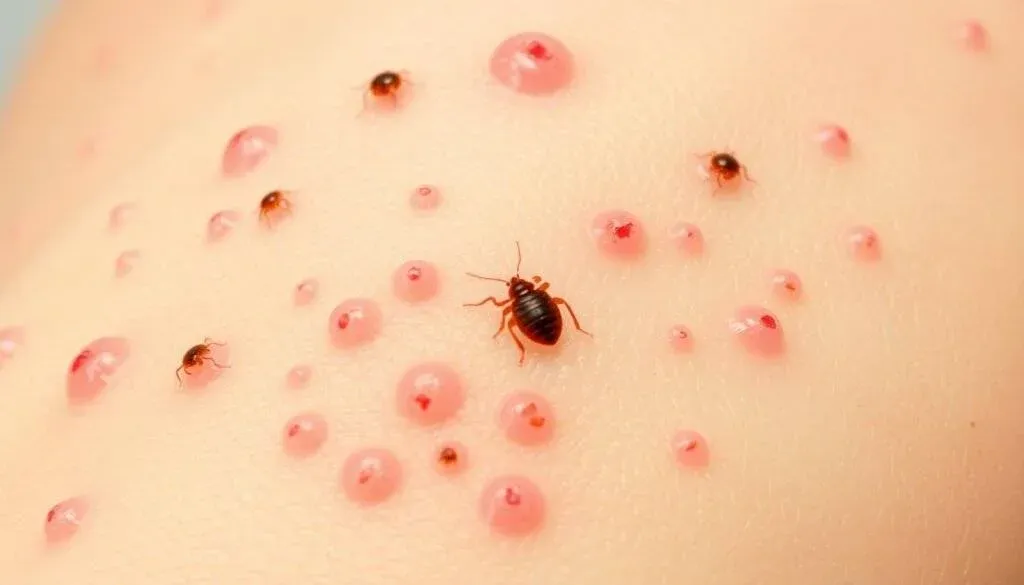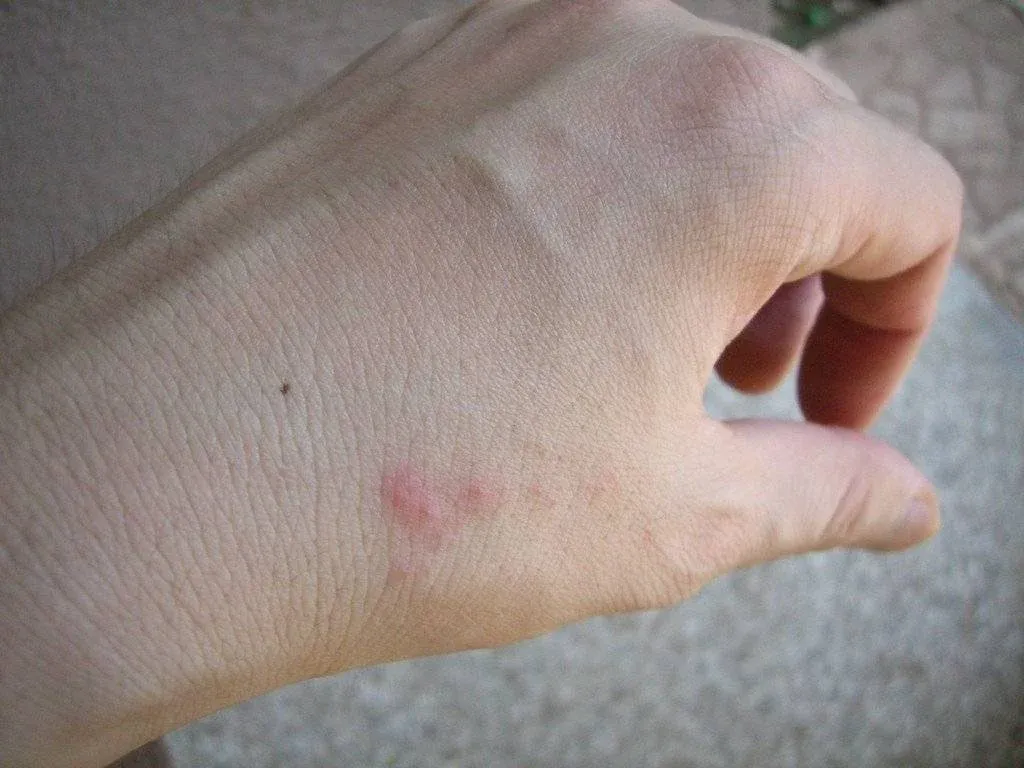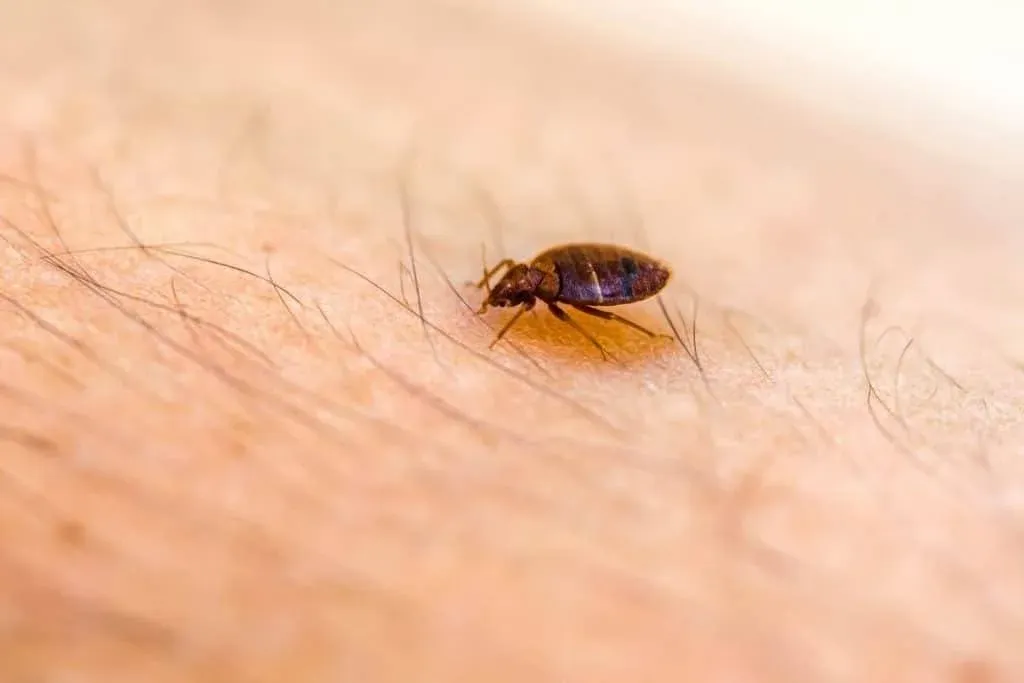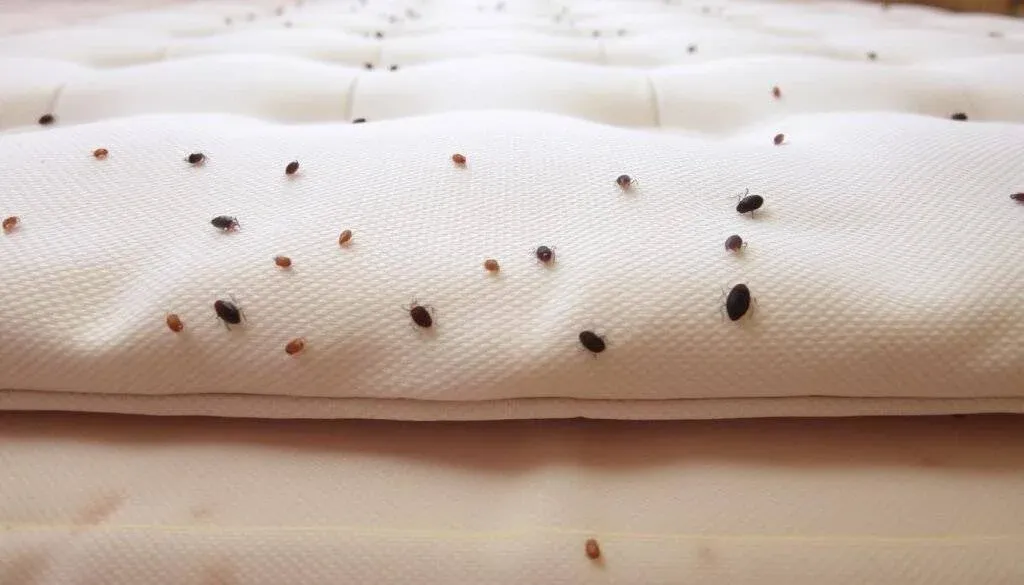When you wake up to itchy red spots on your skin, the first thought that may cross your mind is whether these marks are from bed bugs. The big question many people ask is, do bed bug bites spread? This is a common concern because the bites can appear in clusters, making it seem like they are spreading over time. In reality, the answer involves understanding how bed bugs feed, how your skin reacts, and what you can do to treat and prevent the problem.
Understanding Bed Bug Bites
Bed bugs are small, flat, reddish-brown insects that feed on human blood, usually at night. Their bites often go unnoticed at first because they inject a mild anesthetic and anticoagulant when feeding. This makes the bite painless in the moment, but the itchiness and redness develop hours or even days later. To understand do bed bug bites spread, it’s important to know that bed bugs do not burrow into the skin or move the bite mark from one place to another.
Do Bed Bug Bites Actually Spread?
The straightforward answer is no — bed bug bites themselves do not spread like an infection or rash caused by bacteria. However, there are a few reasons people think they do:
Delayed Skin Reactions – Bed bug bites can take hours or days to show up, so new bites may appear in different places over time. This gives the illusion that the existing bites are spreading.
Multiple Bites in One Night – Bed bugs often bite multiple times in one feeding session, especially if they are disturbed. This can create a line or cluster of bites.
Allergic Reactions – In sensitive individuals, the redness and swelling can grow larger, making it seem like the bite is expanding.
By understanding these factors, you can see why the question “do bed bug bites spread” can be misleading. The bites don’t multiply on their own — each one comes from a separate feeding.
Symptoms of Bed Bug Bites
While symptoms vary, here are the most common signs:
Small, red bumps or welts
Itching and irritation
Clusters or lines of bites
Inflammation around the affected area
For people who have strong allergic reactions, symptoms may also include blisters or intense swelling. These symptoms can contribute to the belief that bed bug bites spread, especially if the swelling increases over time.
Myths About Bed Bug Bites
There are many misconceptions about bed bugs, especially about their bites. Let’s clear up a few:
Myth: Bed bug bites can spread from person to person.
This is false — bites are not contagious. Bed bugs themselves can travel on clothing or luggage, but the bites remain on the person bitten.Myth: Scratching causes bites to spread.
Scratching may irritate the skin and cause infection, but it does not create new bed bug bites.Myth: You only get bitten if your home is dirty.
Bed bugs can infest any space, regardless of cleanliness.
Treating Bed Bug Bites
While the bites usually heal on their own within 1–2 weeks, you can speed up recovery and reduce discomfort with these methods:
Clean the Area – Wash with soap and water to remove dirt and reduce infection risk.
Apply Ice Packs – Helps reduce swelling and itching.
Use Anti-Itch Creams – Hydrocortisone or calamine lotion can provide relief.
Take Antihistamines – Useful for allergic reactions.
Remember, treating the symptoms is only half the battle. If you do not eliminate the source, you may continue asking yourself, do bed bug bites spread, simply because new ones keep appearing.
Preventing Future Bed Bug Bites
To prevent new bites, focus on removing the infestation:
Inspect Your Bedding – Check mattress seams, bed frames, and headboards.
Wash and Heat-Treat Fabrics – Hot water and high heat in the dryer can kill bed bugs and their eggs.
Vacuum Regularly – Especially around sleeping areas.
Seal Cracks and Crevices – Bed bugs often hide in small gaps near your bed.
Consider Professional Treatment – In severe cases, pest control experts are the most effective solution.
By removing bed bugs from your home, you won’t have to worry about do bed bug bites spread, because you’ll be preventing new bites altogether.
When to See a Doctor
In most cases, bed bug bites are harmless and resolve on their own. However, seek medical attention if you experience:
Signs of infection (pus, extreme swelling)
Severe allergic reactions (difficulty breathing, dizziness)
Persistent itching that interferes with daily life
Final Thoughts
So, do bed bug bites spread? The truth is, they do not spread in the same way rashes or contagious skin conditions do. Each bite is the result of a separate feeding, and the appearance of new bites over several days can give the impression that they are spreading. By treating the symptoms and addressing the infestation directly, you can put an end to the discomfort and prevent future bites.


